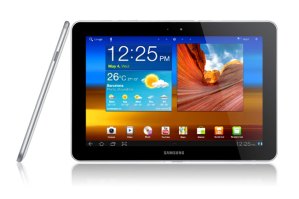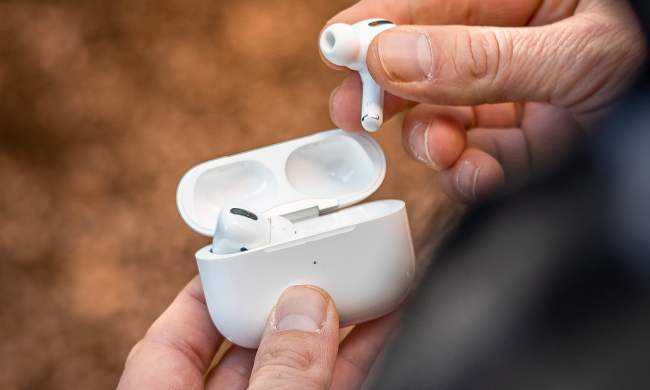
The patent conflict between Apple and Samsung has taken another turn, with Bloomberg reporting that Apple has filed a patent-related lawsuit against tech giant Samsung in South Korea. However, details of Apple’s claims haven’t yet been made public, although some outlets are reporting that Apple is claiming Samsung’s Galaxy S smartphones violate Apple patents.
The lawsuit is presumably another way for Apple to ratchet up pressure on Samsung: the two companies are engaged in an increasingly high-stakes battle of mobile technology patents. Apple launched an infringement suit in the United States back in April, claiming Samsung’s Galaxy S smartphones and Galaxy Tab tablets outright copied Apple’s technology, interface, and style. Samsung filed a countersuit, resulting in a federal judge ordering Samsung provide Apple access to plans for future unreleased products so Apple can determine whether to file for pre-emptive injunctions. Samsung made a similar request to see future Apple products on the same grounds, but that request was denied earlier this week.
Neither Apple nor Samsung have yet responded to a request for comment.
Although Apple and Samsung’s intellectual property disputes over mobile and wireless products appears to still be escalating, Apple remains one of Samsung’s largest customers: the Korean Economic Daily recently reported that Apple planned to spend nearly $8 billion on Samsung components for its products during 2011.


